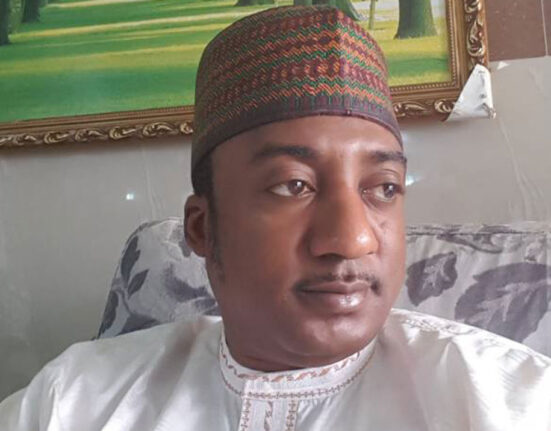The recent reform pledges made by President Bola Tinubu’s administration have sparked controversy, with the African Democratic Congress (ADC) accusing the government of acting out of fear rather than genuine concern for Nigerians. The ADC’s Interim National Publicity Secretary, Mallam Bolaji Abdullahi, criticized the reform announcements as a response to the rising popularity of opposition forces like the ADC.
In a statement released by the party, they questioned the sincerity behind President Tinubu’s government’s sudden commitment to removing obstacles hindering food security and increasing exports. The timing of these announcements raised suspicions among critics who viewed them as politically motivated maneuvers. According to Mr. Bayo Onanuga, Special Adviser to the President on Information and Strategy, the government intended to address issues obstructing food security and export activities.
The ADC did not hold back in expressing their skepticism about the motives behind these reforms. They suggested that the administration’s actions were reactive rather than proactive in addressing critical issues affecting Nigerians. The statement from ADC highlighted their perspective on this situation:
“It took the emergence of the African Democratic Congress (ADC) and a united opposition force to push this government into action. It wasn’t compassion for hungry Nigerians but fear of losing power in upcoming elections that prompted these reforms.”
The party accused President Tinubu’s government of neglecting pressing issues such as widespread hunger until it became a political liability. Their statement emphasized that this move was not an exemplary display of leadership but rather a strategic measure to maintain political relevance amidst growing discontent among citizens.
Moreover, they pointed out how poverty had been exploited as a political tool by the ruling All Progressives Congress (APC). By delaying necessary interventions related to food security for over two years, despite being aware of escalating hardships faced by Nigerians, critics argued that such actions were calculated for political gain.
As per ADC’s assertion:
“This is not an instance of sincere governance but a tactical play orchestrated to secure votes in 2027 elections.”
They urged citizens to scrutinize these developments critically and demanded genuine solutions over superficial gestures aimed at winning electoral support.
Furthermore, expert analysis shed light on this situation indicating potential shifts within Nigeria’s political landscape leading up to future elections: “President Tinubu’s early campaign efforts suggest acknowledgment of mounting challenges ahead due to public dissatisfaction with current governance.” This evaluation hinted at uncertainties surrounding his re-election prospects amid heightened opposition sentiment.
In conclusion, while President Tinubu’s reform initiatives may appear commendable on the surface, scrutiny from parties like ADC reveals underlying apprehensions about opportunistic policymaking driven more by self-preservation than authentic leadership qualities.
Through this lens, it becomes essential for Nigerian citizens to engage critically with governmental policies and demand accountability beyond mere performative acts geared towards securing short-term political advantages.









Leave feedback about this